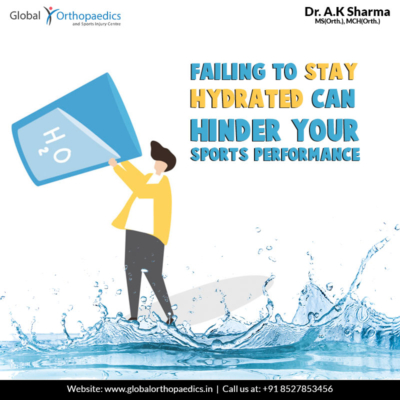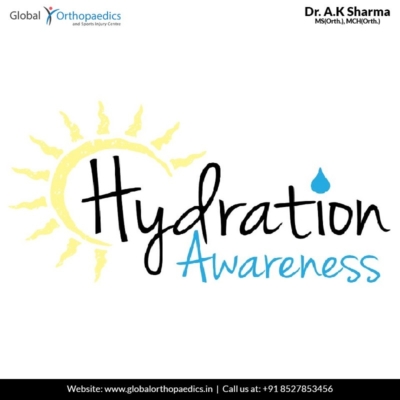The importance of hydration for athletes and runners (especially marathon and road race runners) can’t be overstated: if you’re exercising vigorously or playing sports, especially during a hot or humid climate, you would like to drink enough water to stay your body functioning.
Failing to remain hydrated can hinder your sports performance. Even losing just 1% of your body’s water content to sweat and dehydration can cause you to less effective as an athlete.
You may experience headaches, confusion, and fatigue.
Making fast decisions gets harder when you’re dehydrated, too, which can put you in harm’s way.
(Example: if you are not thinking clearly, it’s going to be hard to dodge a football tackle or skip an obstacle during a road race.)
The most important drawback of being dehydrated is heat illness.
Dehydration — especially in weather — puts you in danger for serious harm from an acute heat injury. If you do not replace the water and salt, you lose through sweat, and your body cannot regulate its temperature, which may lead to:
• Heat cramps within the stomach, arms, or legs.
• Syncope is characterized by fatigue, weakness, and fainting. This condition is caused by overexerting yourself in the weather. Syncope can become severe and switch into heat stroke if left untreated.
• Heat exhaustion, which may cause an explosion in core blood, heat up to 104 degrees. Heat prostration happens once you lose an excessive amount of water or salt (or both). You’ll stop perspiring and knowledge thirst, headaches, dizziness, weakness, nausea and vomiting, muscle cramps, or maybe unconsciousness.
• Heatstroke. Heatstroke is severe and constitutes a medical emergency. The body cannot cool itself, which may cause core body temperatures exceeding 104 degrees. Heatstroke can cause nausea, seizures, confusion or disorientation, unconsciousness, and at its most dangerous, organ failure and coma. It doesn’t always present with apparent symptoms, but it is often preceded by syncope or heat prostration. Heatstroke is often life-threatening.
If you experience any of the above symptoms, take immediate action to cool your body:
• Stop exercising.
• Get out of the warmth.
• Stretch gently (if you’ve got cramping).
• Replace your fluids directly with an electrolyte drink or water.
• Loosen your clothing if possible.
• Apply cold packs or wet towels to lower your blood heat.
If you are exercising 60 to 90 minutes or longer in hot weather, drink fluids throughout your workout and pay careful attention to your body.
Prevention can save your life.





